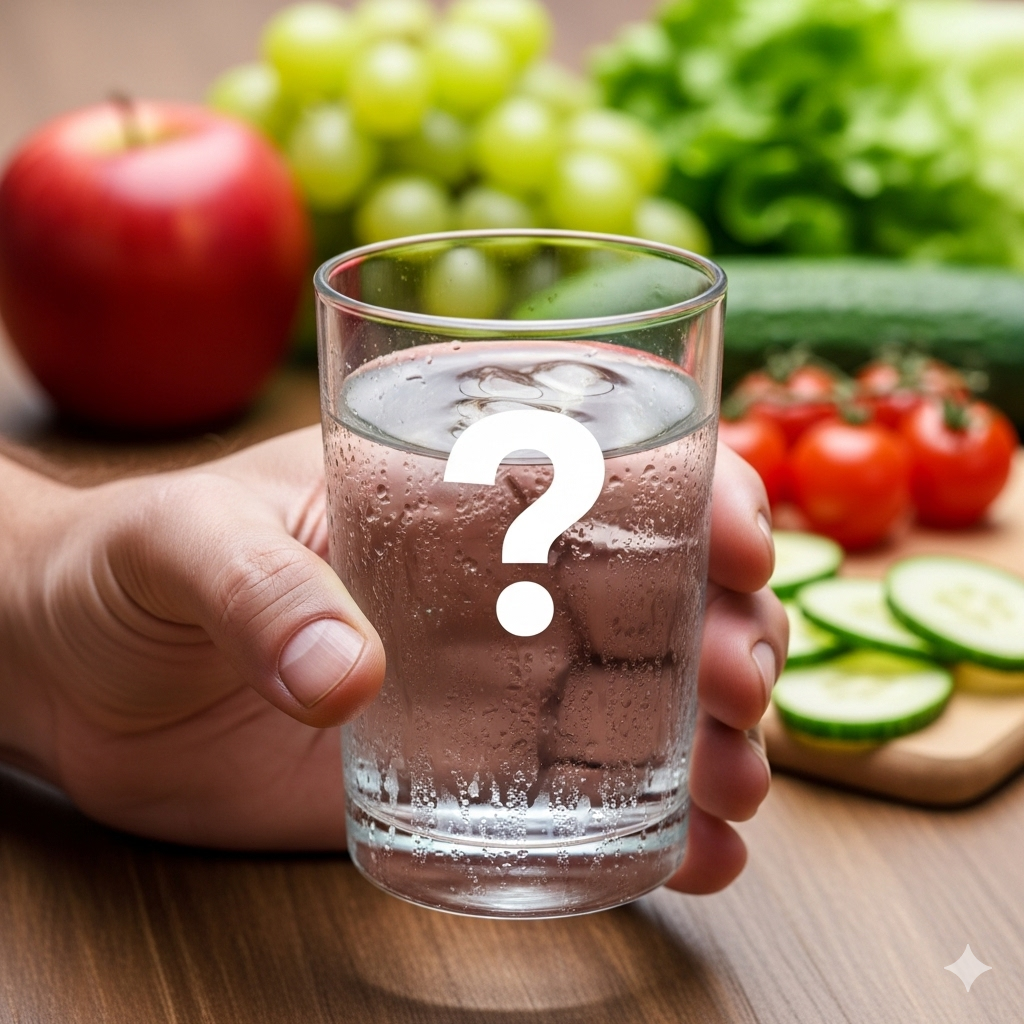We’ve all heard the golden rule: “Drink eight glasses of water a day.” It’s a mantra passed down through generations, etched into our minds as the ultimate benchmark for good health. But what if I told you that this one-size-fits-all advice is a myth? What if the secret to optimal hydration isn’t about hitting a magical number, but about listening to your body’s unique needs?
Welcome to the world of personalized hydration science, where the “8 glasses a day” rule is finally debunked and replaced with a more nuanced, individualized approach.
The Origin of the Myth
The “8 glasses a day” rule is often traced back to a 1945 recommendation from the Food and Nutrition Board of the National Research Council, which stated that adults should consume “1 milliliter of fluid for each calorie of food.” For a 2,000-calorie diet, this works out to 2,000 milliliters, or roughly 8 glasses. The problem? The report also noted that “most of this quantity is contained in prepared foods,” a crucial detail that was conveniently forgotten over time.
This simplification led to a widespread misconception that we need to actively drink eight glasses of plain water, regardless of our diet, activity level, or environment.
Why ‘One Size Fits All’ Doesn’t Work
Your hydration needs are as unique as your fingerprint. They are influenced by a multitude of factors, including:
- Activity Level: A professional athlete training for a marathon will need significantly more fluid than someone with a sedentary desk job. Sweating during exercise is a primary way your body loses water and electrolytes, and you need to replenish them adequately.
- Climate: Living in a hot, humid climate increases sweat production, meaning you’ll need to drink more to stay hydrated. Conversely, in colder climates, while sweat may be less visible, you can still lose a significant amount of water through respiration.
- Diet: The foods you eat play a huge role in your fluid intake. Fruits and vegetables like watermelon, cucumbers, and oranges have a high water content and can contribute significantly to your daily hydration. Soups, stews, and other liquid-based foods also count.
- Body Weight and Metabolism: Larger individuals generally require more fluid than smaller ones. Similarly, a faster metabolism can increase your body’s need for water to carry out essential functions.
- Health Status: Certain medical conditions, such as fever, vomiting, or diarrhea, can lead to rapid fluid loss. Likewise, people with kidney stones or urinary tract infections may be advised to increase their fluid intake.
The Personalized Approach to Hydration
So, if not eight glasses, then what? The answer lies in tuning into your body’s signals and adopting a more intuitive approach.
1. Let Your Thirst Be Your Guide: This is your body’s most reliable indicator of dehydration. When you feel thirsty, drink. Your body is a highly sophisticated machine, and it’s built to tell you when it needs more fluid. Don’t overthink it.
2. Check Your Urine Color: This is a simple and effective way to gauge your hydration level. A pale yellow or nearly clear color indicates good hydration. If your urine is dark yellow or amber, it’s a sign that you need to drink more water.
3. Hydrate Beyond Water: Remember that a significant portion of your fluid intake comes from food and other beverages. Coffee, tea, and even soda can contribute to your daily fluid needs. While water is undoubtedly the best choice for pure hydration, don’t discount these other sources.
4. Plan for Your Day: If you know you’re going to be exercising, spending time outdoors in the heat, or traveling, be proactive about your hydration. Carry a reusable water bottle and sip throughout the day.
5. Consider Your Lifestyle: Are you a breastfeeding mother? Do you have an illness? Are you a senior citizen? All these factors influence your hydration needs. Consult with a healthcare professional or a registered dietitian for personalized advice.
Final Thoughts
The “8 glasses a day” rule was a well-intentioned oversimplification. By shifting our focus from a rigid number to a personalized, intuitive approach, we can achieve optimal hydration that truly supports our individual health and well-being. So, put down the measuring cup, listen to your body, and drink when you’re thirsty. That’s the real science of hydration.

